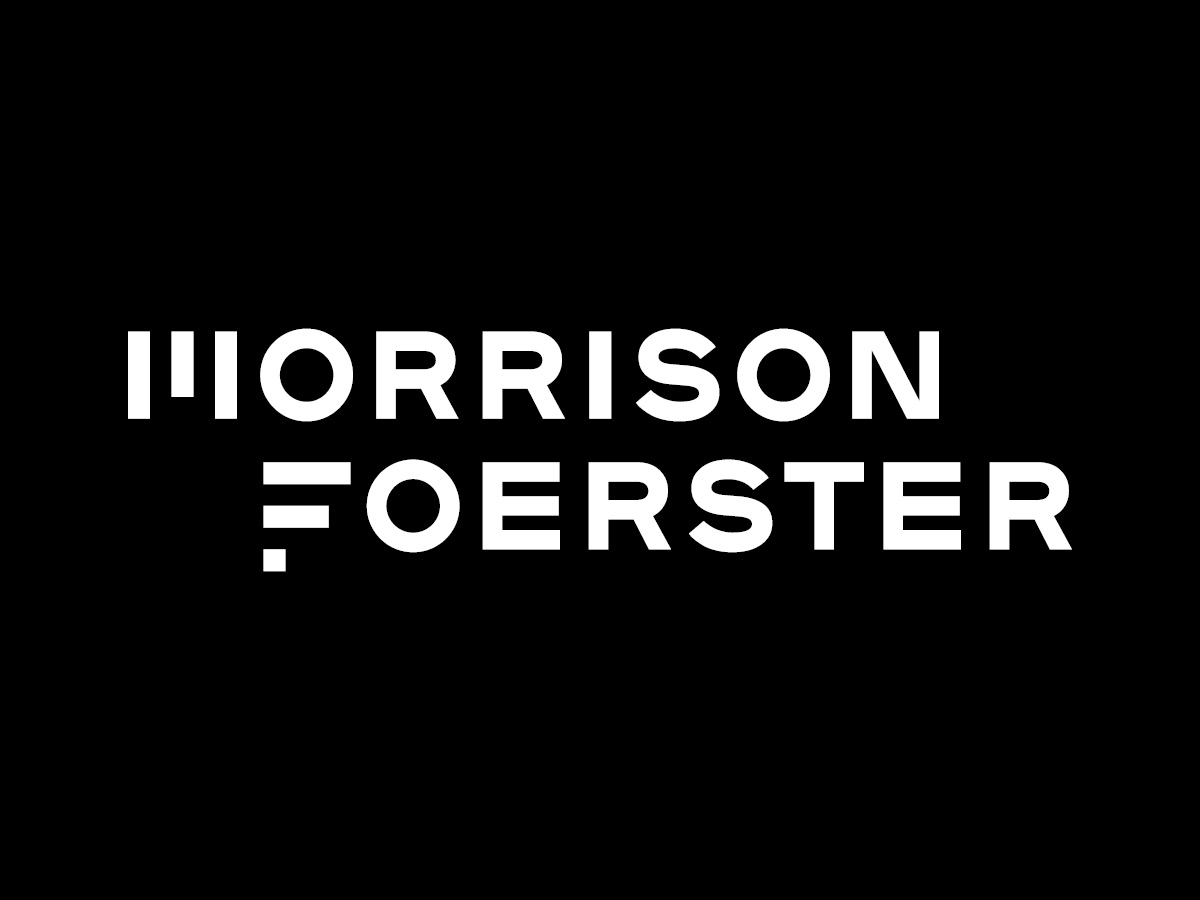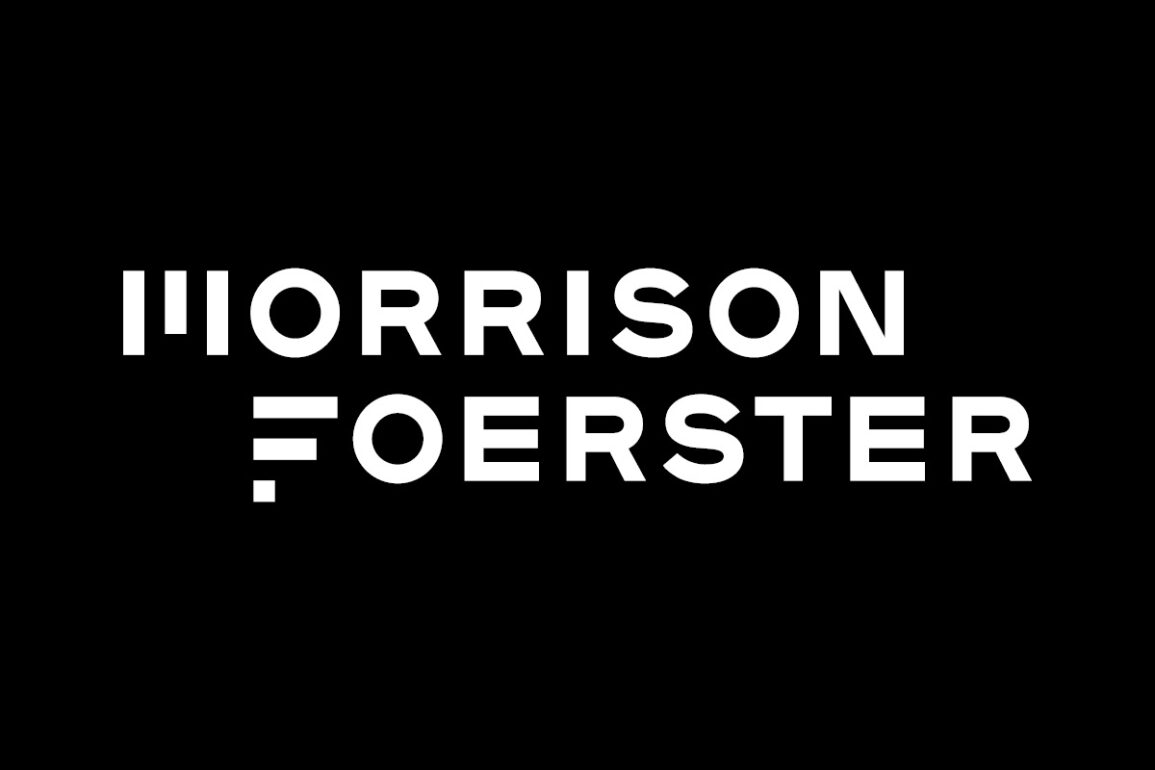
Designed for busy in-house counsel, compliance professionals, and anti-corruption lawyers, this newsletter summarizes some of the most important international anti-corruption law and enforcement developments from the past month, with links to primary resources. This month we ask: What will a crackdown on corruption in the pharmaceutical sector in China mean for companies in the life sciences industry? Who will be the next head of the UK Serious Fraud Office (SFO)? Which country is the most recent to join the Organization for Economic Co-operation and Development (OECD) Anti-Bribery Convention? The answers to these questions and more are here in our July 2023 Top 10.
1. China Announces Year-Long Corruption Crackdown in Pharmaceutical Industry
On July 21, 2023, the China National Health Commission (NHC) announced a planned year-long national crackdown on corruption in the pharmaceutical sector. According to NHC’s announcement, China will adopt a “zero tolerance” policy toward corruption in the pharmaceutical industry, particularly among hospital chiefs and others in “key positions” in the procurement and sale of drugs. On July 25, 2023, a draft 12th Amendment to China’s Criminal Law was submitted to China’s National People’s Congress, proposing increased punishment for offering bribes and heavier penalties in key sectors, including the pharmaceutical sector. It has been reported that over 30 current and retired hospital chiefs and government officials already have been subject to investigation since the announcement, and at least eight medical associations have postponed academic conferences. In addition, more than 30 domestic pharmaceutical companies reportedly have supported the government’s anti-corruption initiative by publicly sharing information about their marketing expenses and sales models. Companies involved in the life sciences industry in China should track the development of this crackdown and consider ways to mitigate their risks.
2. UK SFO Names New Leader, Acknowledges Areas for Improvement
On July 5, 2023, the UK Attorney General’s Office announced that, beginning September 2023, former London assistant police commissioner Nick Ephgrave will serve as the new Director of the UK’s Serious Fraud Office (SFO). Ephgrave’s previous roles included serving as the chair of the National Police Chiefs’ Council Criminal Justice Coordination Committee as well as serving on the Criminal Procedure Rules Committee and the Sentencing Council. Ephgrave will replace Lisa Osofsky, whose appointment as SFO Director was announced in June 2018.
SFO also released its annual report on July 18, 2023. In the report, which covered the 2022–23 reporting year, Osofsky praised the Office’s work in bringing nine trials before the courts, securing the conviction of eight business executives, and obtaining the UK’s largest-ever penalty for a corporate conviction (for the Glencore Energy case in November 2022). Osofsky also took stock of her entire tenure as SFO Director, noting that, under her direction, the SFO had achieved 29 convictions, eight deferred prosecution agreements (DPAs) amounting to over £1 billion in monetary penalties, and the seizure of over £150 million in allegedly criminal proceeds. The report, however, also acknowledged SFO’s ongoing challenges and setbacks, including its handling of the Unaoil investigation (see our July 2022 Top 10 for more) and the collapse of the R v. Woods and Marshall trial.
3. UK Forfeits London Property Linked to Corruption Scheme in China
On July 14, 2023, the SFO announced that it had successfully recovered a property in Sheffield worth £200,000 and over £8,000 in rental profits from Dr. Guang Jiang, an agent for British technology company Sarclad Ltd. Jiang allegedly helped the company pay bribes to secure £17 million worth of contracts in China. According to the SFO, the property had been transferred into the name of one of Jiang’s daughters in an attempt to conceal it. The SFO said it had been pursuing Jiang’s criminal assets since he fled to China in 2014 and had previously recovered over £350,000 from Jiang’s personal and company bank accounts. The SFO entered into a DPA with Sarclad in July 2016 for corruption and failure to prevent bribery. A jury acquitted three Sarclad employees in July 2019.
4. UK Court Orders Confiscation of Over $130 Million Linked to Nigeria Corruption
On July 21, 2023, Judge David Tomlinson of Southwark Crown Court in London ordered former Nigerian state governor, James Ibori, to pay a sum of £101.5 million allegedly related to his abuse of his office. Ibori was convicted in 2012 for fraud and money laundering and was sentenced to jail for 13 years, but returned to Nigeria in 2017 after serving approximately five years of his sentence. The underlying charges related to Mr. Ibori’s abuse of office by laundering millions in the UK and elsewhere. Through his activities, Mr. Ibori has amassed an extensive portfolio of six properties in London and additional properties in Washington, Houston, and Johannesburg. The judge said that Ibori should pay the sum immediately or risk facing an eight-year jail sentence—the remainder of his original sentence. Ibori publicly stated that he plans to appeal the confiscation order, one of the largest to be imposed on an individual in recent UK history.
5. Mozambique Extradites Former Finance Minister to the United States to Face Corruption Charges
On July 12, 2023, South Africa extradited former Mozambique Finance Minister Manuel Chang to the United States to face criminal charges in the Eastern District of New York related to his role in an alleged $2 billion bribery, fraud, and money laundering scheme. Chang allegedly coordinated with three former London-based investment bankers and two executives at a shipbuilding company to steal approximately $200 million from a total of $2 billion in loans issued to state-controlled companies between 2013 and 2016 for three maritime projects, including one related to tuna fishing. The U.S. Department of Justice (DOJ) first announced charges against Chang in March 2019. Chang had been held in a South African prison since his arrest in December 2018.
6. Chinese National Developer Enters into DPA for Bribing San Francisco City Official
On July 19, 2023, DOJ announced that Zhang Li, the founder and chief executive officer of a Chinese real estate development company, had entered into a three-year DPA and admitted to bribing the former head of the San Francisco Department of Public Works, Mohammed Nuru, in exchange for favorable city treatment of a development project. According to DOJ, Zhang was originally charged in May 2021, was arrested at the request of the United States when he arrived in London in December 2022, and was extradited to the United States approximately six months later. DOJ also announced that Zhang’s U.S.-based real estate development company, Z&L Properties, had agreed to plead guilty to honest services wire fraud for providing bribes and gifts to Nuru. Under the plea agreement, Z&L will pay a fine of $1 million.
7. U.S. Lawmakers Re-Introduce Foreign Extortion Prevention Act Bill
On July 18, 2023, the Foreign Extortion Prevention Act was re-introduced in both chambers of the U.S. Congress. If passed, the Act would make it a crime for foreign officials to solicit or receive a bribe from any person or company in the United States or by using the U.S. financial system. Under the proposal, foreign officials who solicit or take a bribe from a U.S. company could be punished by up to 15 years in prison and a fine of $250,000 or three times the value of the bribe. The Foreign Corrupt Practices Act focuses only on the bribe payer and not the bribe receiver. Although DOJ has responded, in part, by using the general money laundering statutes and other laws to prosecute foreign officials whose conduct directly affects the U.S. banking system, the business community and others have frequently complained that this does not go far enough to combat “demand side” bribery. (See our August 2019 Top 10 for an earlier introduction of the Act.)
8. Switzerland Returns over $100 Million in Corruption-Related Proceeds to Taiwan
On July 11, 2023, Taiwan’s Ministry of Justice announced that Switzerland had returned over $138 million to the Taipei District Prosecutors’ bank account in Taiwan after two decades of cooperation between the two countries. The funds are related to a bribery case from the 1990s, in which Taiwanese businessman Andrew Wang was accused of helping French defense company Thales secure a contract from Taiwan for the purchase of six naval ships through bribery. Kickbacks from the sale were allegedly laundered in accounts held by Wang in countries across Europe, including Switzerland. Taiwan’s Ministry of Justice has been seeking assistance in freezing Wang’s overseas assets since 2001.
9. Rare Arrest of Senior Government Minister in Singapore for Alleged Corruption
For the first time in almost four decades, a senior government minister in Singapore, renowned for its zero-tolerance of corruption, was arrested by the country’s Corrupt Practices Investigation Bureau (CPIB) as part of a criminal investigation into alleged corruption offenses. On July 11, 2023, the CPIB arrested Singapore Transport Minister S. Iswaran and prominent businessman Ong Beng Seng. Both men are assisting with ongoing investigations and have been released on bail, and Iswaran has been placed on a leave of absence. Further details are expected to be made public in due course. Singapore is ranked 5th out of 180 countries in Transparency International’s 2022 Corruption Perception Index (CPI) and has been in the top 10 since the CPI’s inception. (See our January 2023 Top 10 for more on the most recent CPI results and our client alert for a deeper dive into the CPI results for the Asia-Pacific region.) The last time a senior minister was involved in a corruption probe in Singapore was in 1986.
10. Romania Joins the OECD Anti-Bribery Convention
On July 24, 2023, Romania became the 45th party to the Convention on Combating Bribery of Foreign Public Officials in International Business Transactions. The Convention, which is maintained by the OECD, establishes legally binding standards to criminalize the bribery of foreign public officials in international business transactions. As a party to the convention, Romania must undergo systematic peer-led reviews to assess the implementation and effectiveness of its anti-bribery legislation and institutions. In ratifying the convention, Romania has completed its first step in the process of joining the OECD, which is currently comprised of 38 member countries.
[View source.]
This post was originally published on this site be sure to check out more of their content.









